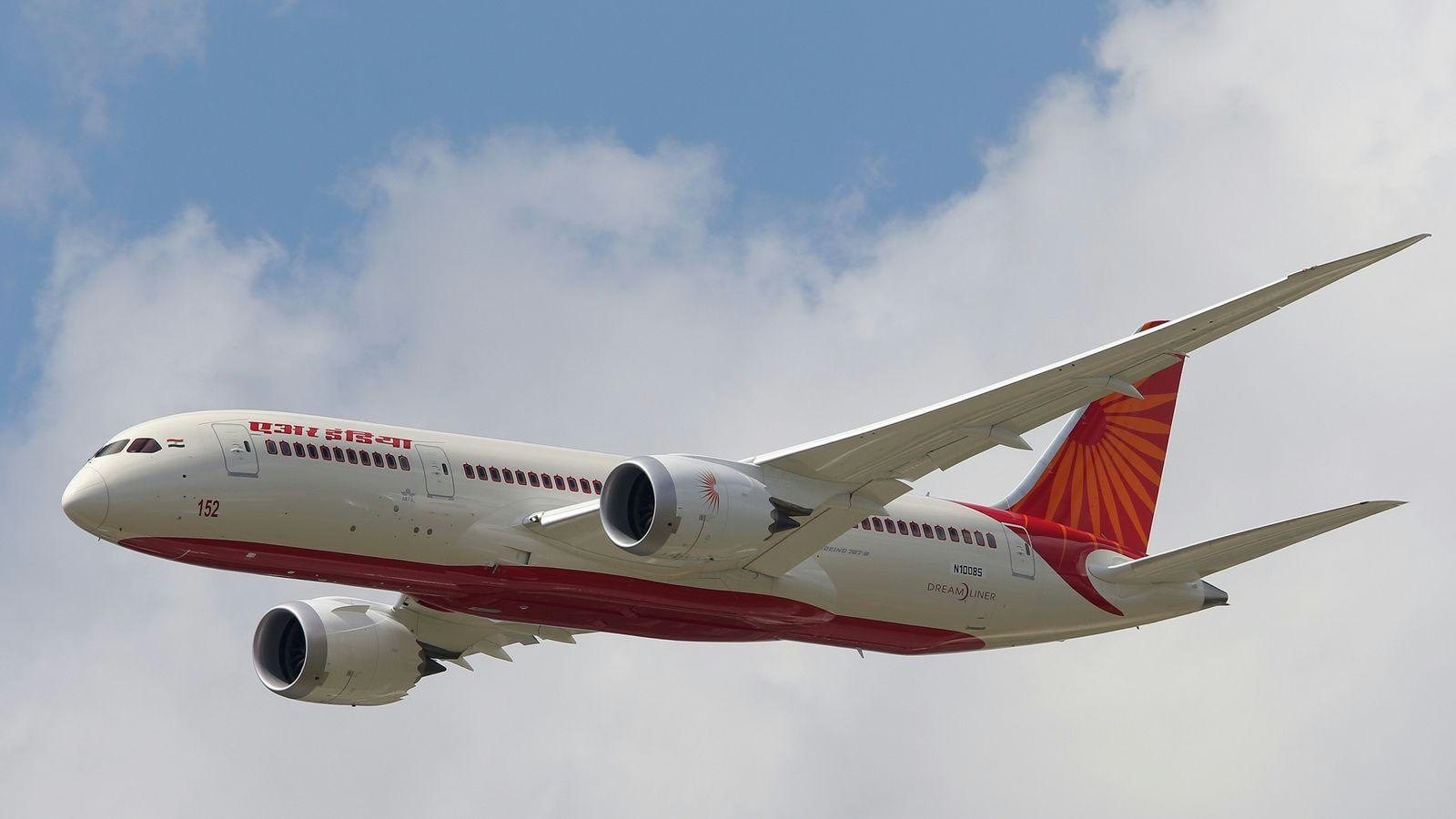AeroGenie — 您的智能副驾驶。
热门趋势
Categories
Aviation Expert Suggests Boeing 787 Software May Have Contributed to AI Crash

Aviation Expert Raises Concerns Over Boeing 787 Software in Air India Crash
Mary Schiavo, former Inspector General of the U.S. Department of Transportation and a prominent aviation attorney, has expressed serious concerns that a software-related engine thrust rollback malfunction in the Boeing 787 may have played a role in the recent crash of Air India Flight AI-171. In an exclusive interview with The Sunday Guardian, Schiavo highlighted a known issue previously examined by the U.S. National Transportation Safety Board (NTSB), where the aircraft’s computer systems could mistakenly reduce engine thrust during flight.
Drawing on her extensive experience overseeing major air safety investigations and representing families affected by aviation disasters, Schiavo emphasized the risks posed by Boeing’s involvement in its own crash investigations. She called on India’s Directorate General of Civil Aviation (DGCA) to undertake a comprehensive and independent inquiry, particularly given the complexity of the Boeing 787’s software systems.
Software Malfunction and Regulatory Concerns
Central to Schiavo’s warning is the Thrust Control Malfunction Accommodation (TCMA) system, mandated by the Federal Aviation Administration for the Boeing 787. The TCMA operates in conjunction with the Full Authority Digital Engine Control (FADEC) system, relying on computer inputs to determine whether the aircraft is airborne or on the ground. If these systems incorrectly classify the aircraft’s status, they may automatically adjust engine settings, potentially reducing thrust without any pilot intervention.
Schiavo referenced a 2019 incident involving Japan’s All Nippon Airways (ANA), where a similar dual engine thrust rollback occurred. The NTSB investigation into that event identified the issue as a software design flaw and led to corrective measures across the 787 fleet. According to Schiavo, such computer-triggered thrust reductions would leave distinct signatures in the flight data recorder, which investigators should carefully analyze in the case of AI-171.
Wider Implications for Boeing and the Aviation Industry
The possibility that Boeing 787 software contributed to the Air India crash is expected to heighten scrutiny from aviation regulators worldwide. Should software faults be confirmed, both Boeing and Air India could face significant legal consequences. The incident may also prompt a broader reassessment of software-related risks within the 787 fleet. Schiavo drew parallels to Boeing’s handling of the MCAS software issue, which previously sparked global controversy and regulatory intervention.
Beyond regulatory and legal ramifications, the crash carries immediate consequences for the global aviation insurance market. Industry analysts warn that insurance and reinsurance premiums could increase, particularly in India, where the aviation insurance sector has already been grappling with financial losses. Competitors may leverage the situation to highlight their own safety records and technological advancements, potentially affecting Boeing’s market position.
For Air India, the crash presents a critical challenge to its Vihaan.AI transformation program, which aims to elevate the airline to world-class status within five years. The investigation’s outcome and the airline’s subsequent response will be closely monitored by regulators, insurers, and the traveling public.
Comments
- M
Michael
Boeing IS a party in investigation team - as it always was, that airplane and engine manufacturers are, bcouse this is standard procedure. But yes, Mary Schiavo is a lawyer, not an aviation expert - even if she was in a high ranking position in Department of Transport and was succesful in her campaign to reduce fake spare parts in aviation etc. Hovewer, her claim that software glitch may be involved in Air India crash has some merit and should be investigated. Generally, this article is poorly written and it looks like it is AI generated. Am I some kind of expert? 30 years of experience on maintenance of aircraft, including big commercial jets, now instructor of aviation maintenance technicians aspiring to work on commercial passenger jets.
- P
Peter Edmonds
I feel that Boeing is too quick to blame pilot error when there is ample evidence of software faults. There is the case of the 2019 Japan Airlines engine rollback the same as the Air India incident where the engines cut out, luckily the plane was only on the ground. Personally I will not fly in any Boeing plane….. airbus is much better built.
- P
PG
This woman is a lawyer, not an aviation expert. She attended law school, not aviation trained. Being a part of the department of transportation doesn't make her an expert. She suffers from expectation bias as well. Also, and most importantly, this is an AI generated article that falsely states Boeing is part of the investigation team. You can't trust any fake media or real media outlets that use AI.

Emirates Unveils Cabin Design for New Boeing 777X

Eighteen Years On, the Airbus A380 Remains Central to a $34 Billion Airline

How a boom in luxury airline seats is slowing down jet deliveries

Navitaire Outage Attributed to Planned Maintenance

DigiYatra Debuts Outside Aviation at India AI Impact Summit

Vietnam Orders Strengthen Boeing’s Commercial Outlook

Airbus Signals Uncertainty Over Future A400M Orders

JobsOhio Awards $2 Million Grant to Hartzell Propeller for Innovation Center

Collins Aerospace Tests Sidekick Autonomy Software on YFQ-42A for U.S. Air Force CCA Program

How the Airbus A350-1000 Compares to the Boeing 777
